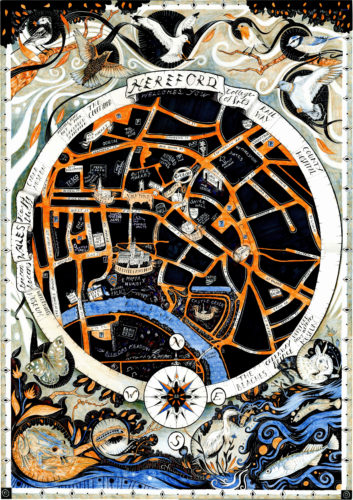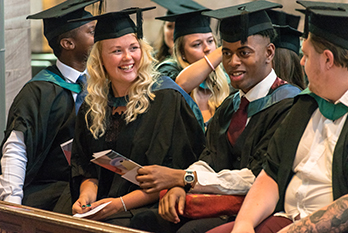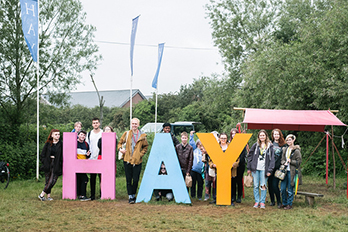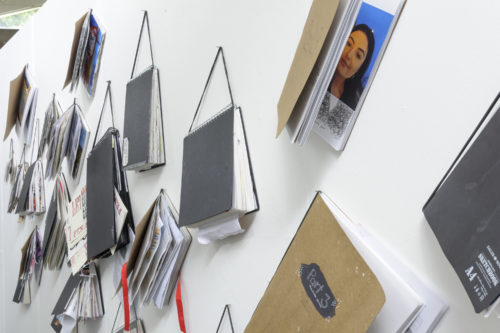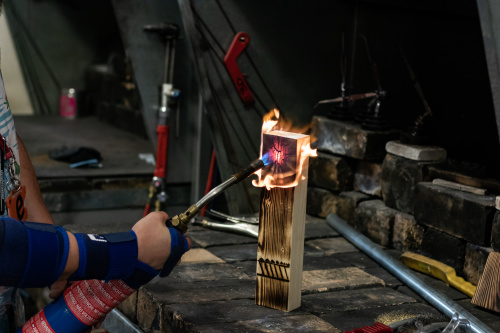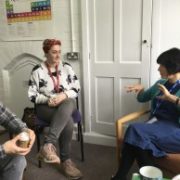Evidence-informed Decision-Making at the LSRN discussion workshop
Published on 05.12.16
2 minute read A wonderful view from the top of the Pearson building on the 24th November where I met with project director, John Lea and fellow Scholarship Development Managers Patrick and Gail at a Learning Skills and Research Network group meeting. The LSRN workshop covered the broad theme of ‘Evidence-Informed Decision-Making’: from classroom to
Categories
2 minute read
A wonderful view from the top of the Pearson building on the 24th November where I met with project director, John Lea and fellow Scholarship Development Managers Patrick and Gail at a Learning Skills and Research Network group meeting.

The LSRN workshop covered the broad theme of ‘Evidence-Informed Decision-Making’: from classroom to boardroom. Quoting from the LSRN booklet:
It is common for research evidence to be relatively unconnected to decision-making in many organisation yet, if used effectively, it has the potential to enhance the strategic and practical choices being made every day – in the classroom, the laboratory, work environment or workshop
I would agree. If we can gather effective evidence of good practice at an everyday level then we have more capacity to innovate and create supportive decisions that enable our students to learn. Plus, and perhaps more importantly, this kind of bottom-up evidence based process might support a culture of trust within organisations.
Key speakers on the 24th were Anna Douglas from City and Islington college, who spoke of research literacies and how the institution can support educators in developing their practice; Scholarship Development project director John Lea providing an update on our process and finding within the project, Tricia ODell, discussion the Education and Training Foundation’s revised professional standards self-assessment tool, Jennifer Ruiz-Lalenzuela, who discussed the work of the Centre for Vocational Education Research and their work, and Dr Stefan Spekesser, who shared with us visualised data regarding our learners. This was particularly interesting as it highlighted the existence of ‘types’ of learners in terms of the progression to higher level courses (or not).
As always, LSRN events are very valuable as a means to disseminate ideas and find out what is going on across the FE sector. The diversity of people participating in table discussions always brings fresh perspectives to a topic. Conversations on our table ranged around how we might develop a culture of research in colleges and organisations, and the importance of capturing dynamic practice. The importance of enabling the amazing work of practitioners on the ground to become as visible and influential as metric was shared by Mike, Diane and Tony from the Workers Educational Association. We moved from ideas of knowledge-exchange to ‘grey data’; the value of practitioner storytelling and how this can be useful. Our conversation touched on the limitations of the traditional, privately owned ‘peer-reviewed journal’ and Tara Furlong brought forward alternatives to this, such as RAPAL’s online peer-reviewed journal and their work on capturing learner voices
It was lovely to work with John, Gail and Patrick (see picture below) in sharing our work. Many thanks to the LSRN for inviting us along and to Pearson for hosting the event.



